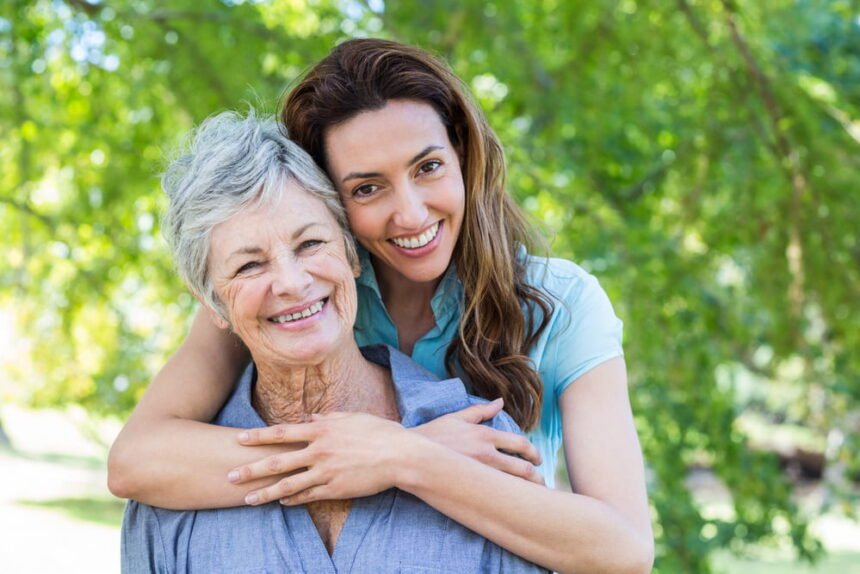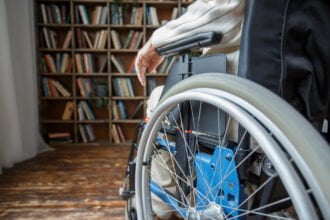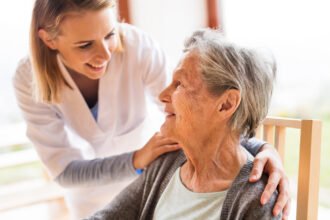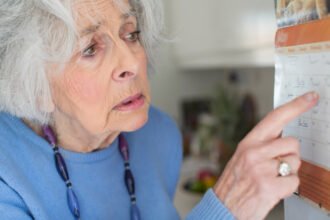Everyone ages differently. As we get older (and often much earlier than we’d like) we start to face physical challenges and new demands on our bodies. Unfortunately, there’s no playbook for these. Some 70-year-olds are as fit as they were in their 40s (sometimes, even fitter) while some 50-year-olds struggle with basic tasks. These differences can make it hard to know what’s best for our older relatives. It’s hard to know when they should no longer live alone or when they need more support. There are, however, some obvious warning signs that you should look out for.
A Decline in Personal Hygiene
One of the first, and most obvious signs that your parents are struggling to take care of themselves is a decline in hygiene. They may stop taking care of themselves or taking as much pride in their appearance. They might start to look unkempt or even smell bad.
The good news is this isn’t always a sign of severe cognitive decline. Sometimes, it’s less a sign of memory problems and cognitive issues, and more a case of them not being able to physically get in and out of the bath and being too embarrassed to ask for help. Communities like McKnight Place offer a range of senior care options, to make sure that your parents get the support that they need when they are ready to move out of their homes.
A Lack of Social Life
Loneliness is one of the most common issues as we get older. If your parent is spending more and more time alone, it’s bad for their mental health, but it also puts a lot of pressure on you and your family. A move to assisted living can be the ideal solution.
Forgetfulness
Forgetfulness is another common sign that they might be struggling to live alone. If they are forgetting small things like names and dates, you will naturally start to worry about other things they might forget, like keeping appointments and taking medication.
An Increasingly Messy Home
It’s common to be a little messy sometimes, especially when we live alone, but if things are piling up, plates aren’t washed, dust is abundant and the post isn’t being opened, it might be time to worry.
Frequent Falls and Injuries
We all trip once in a while, but as we get older, we can struggle with both mobility and balance. If your loved one is falling often, or these falls are becoming more serious and lead to injuries, they might need more help with things like getting dressed.
Weight Loss
Weight loss can be a sign that your parent isn’t feeding themselves properly, is struggling to stand for long enough to cook, or is forgetting to eat entirely.
Low Mood
One of the most common signs that it’s time to make a change is quite simply that your parent is unhappy and regularly struggling with a low mood.
Not being able to live at home alone anymore isn’t the beginning of the end. In fact, many seniors that move into assisted or independent living communities go on to have a much happier, healthier, and longer life than they would living alone. For many, it’s the start of something new and exciting, and certainly not an end.










